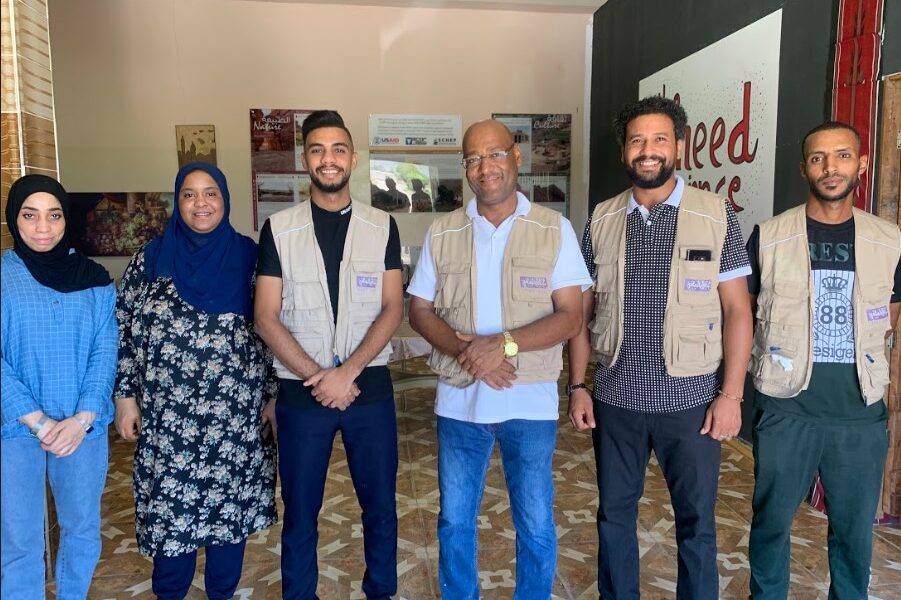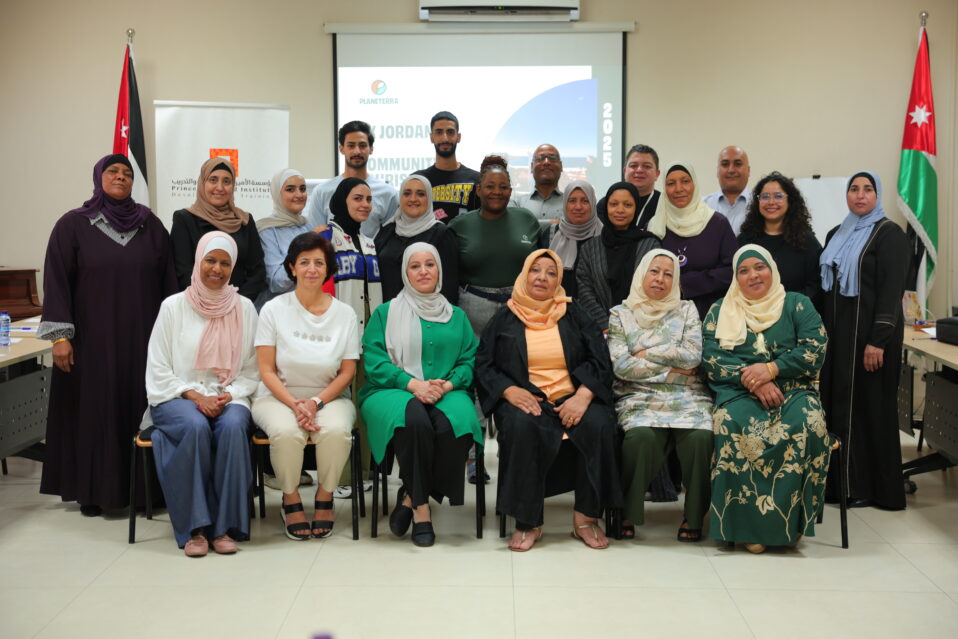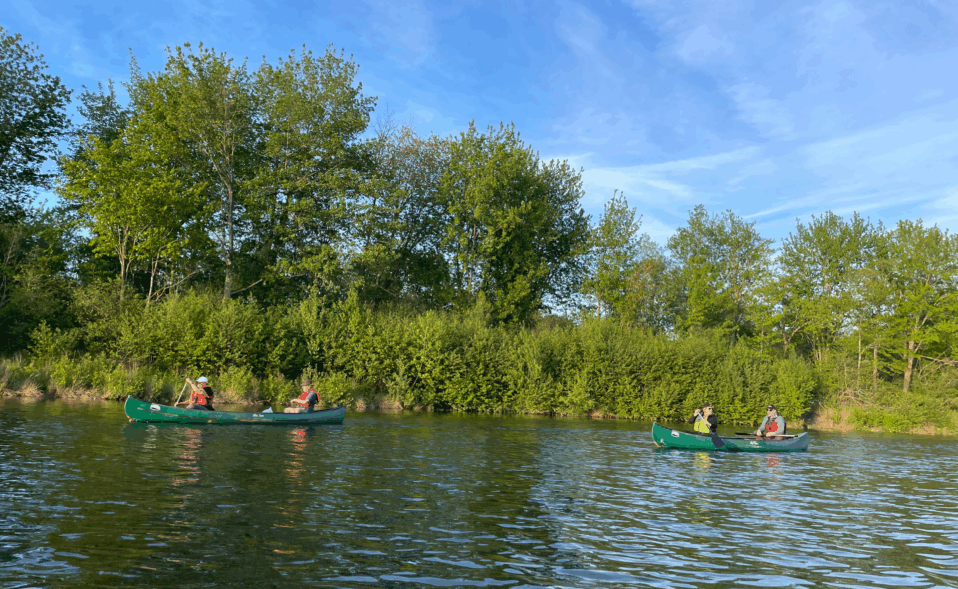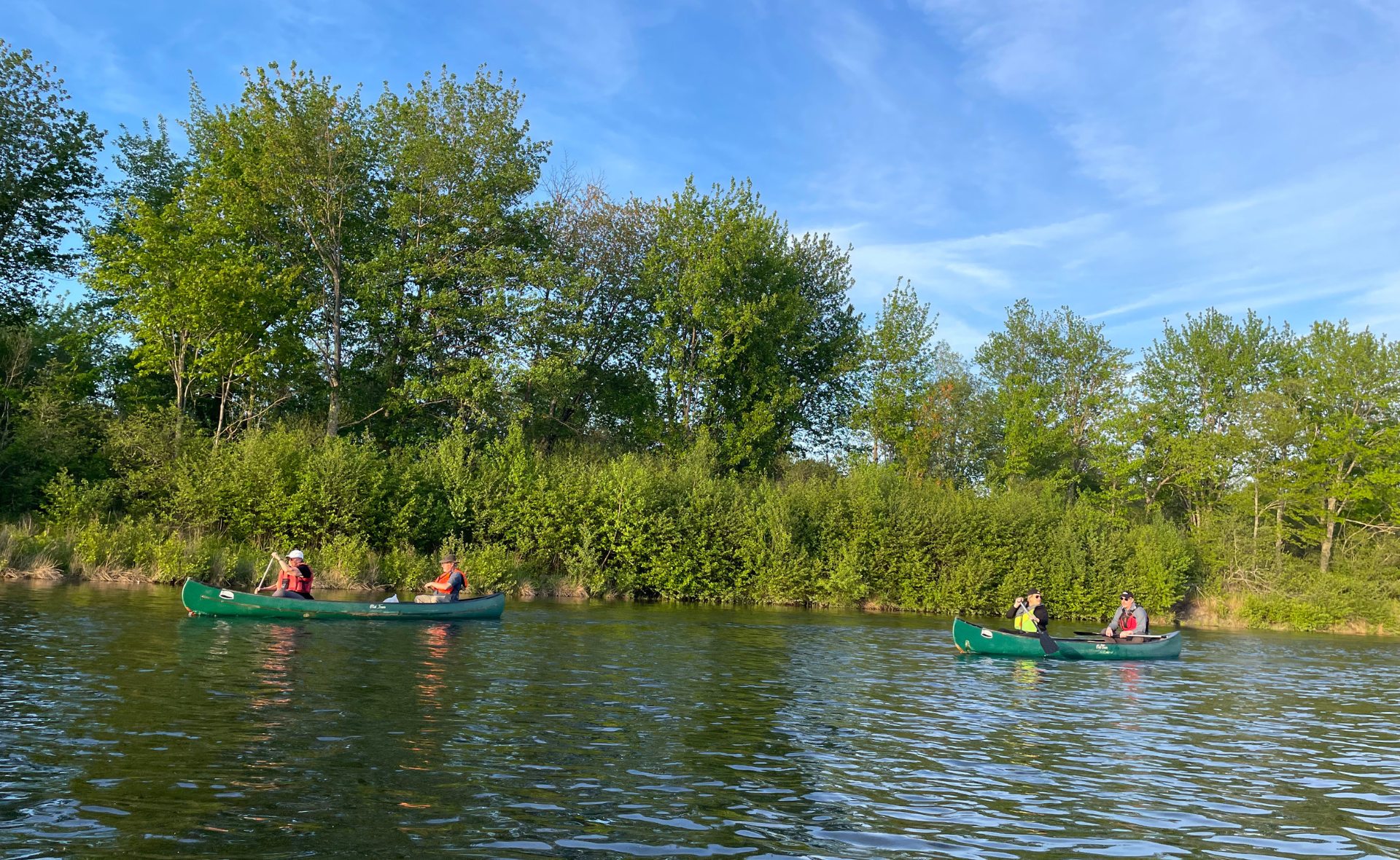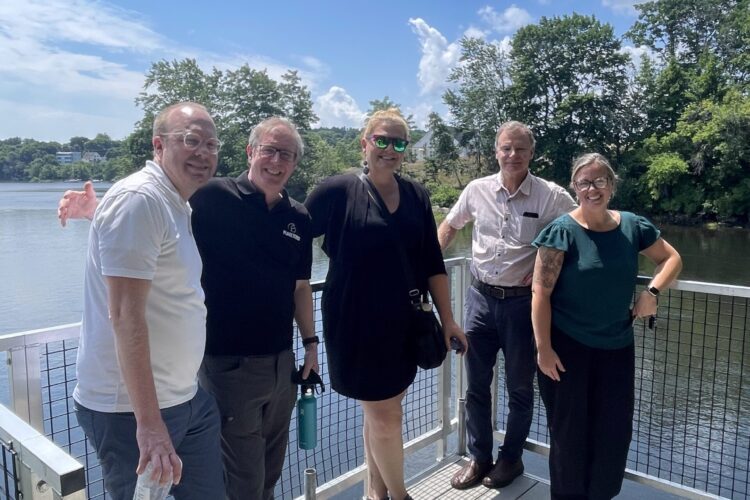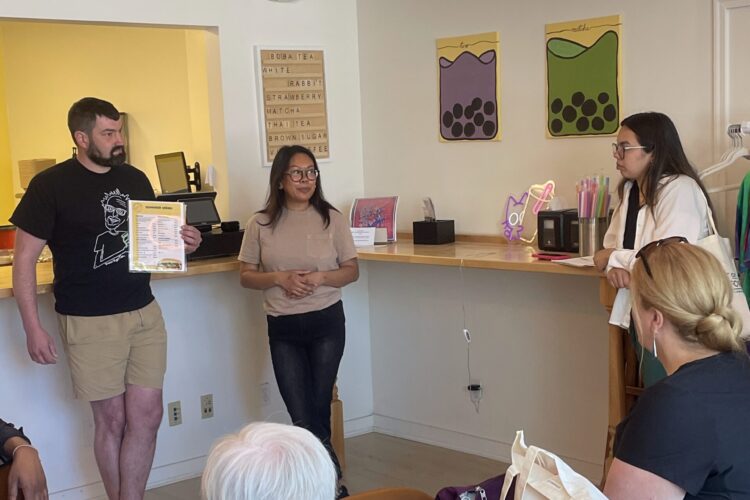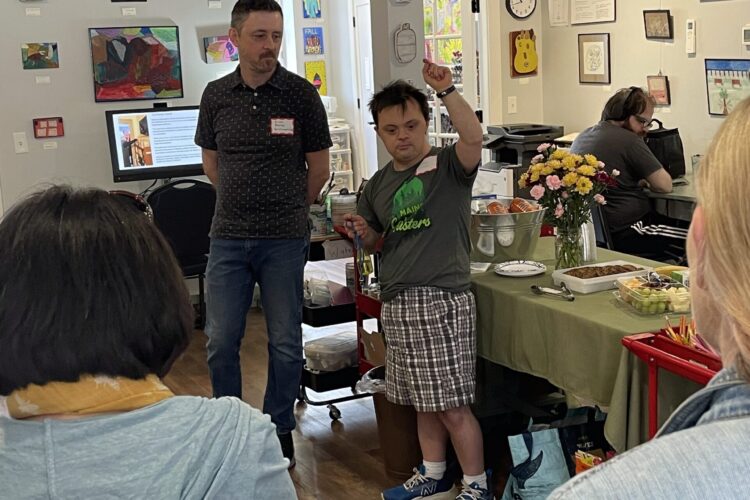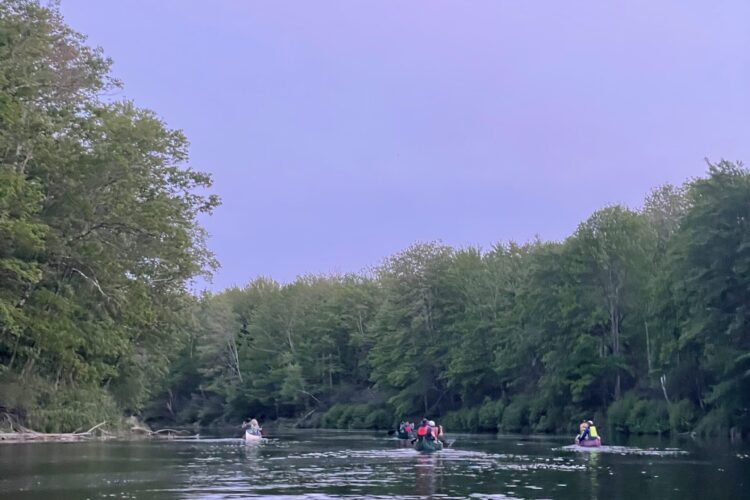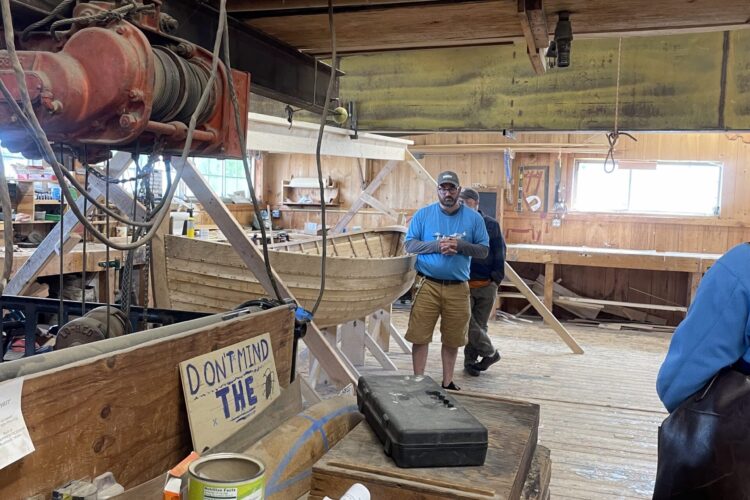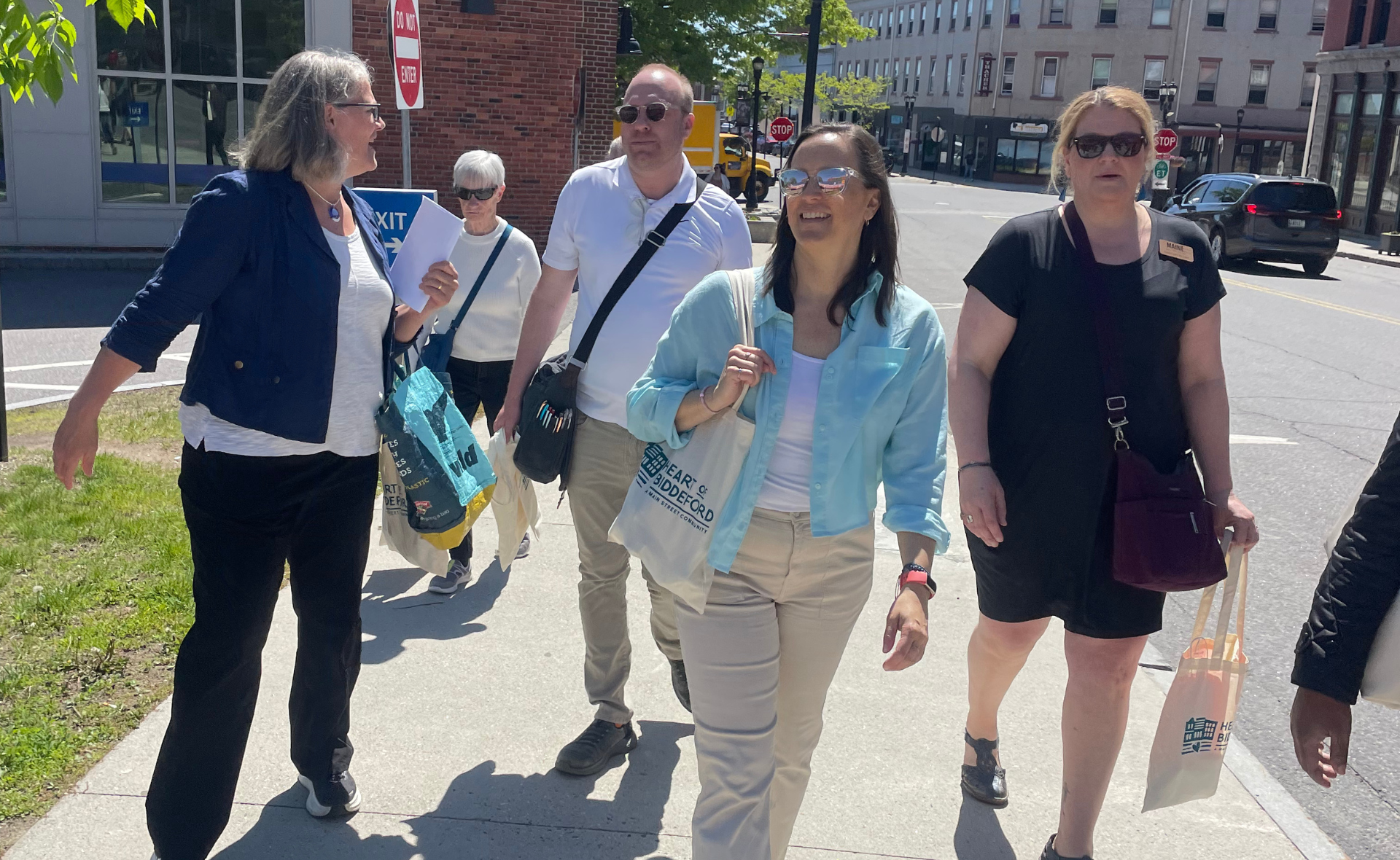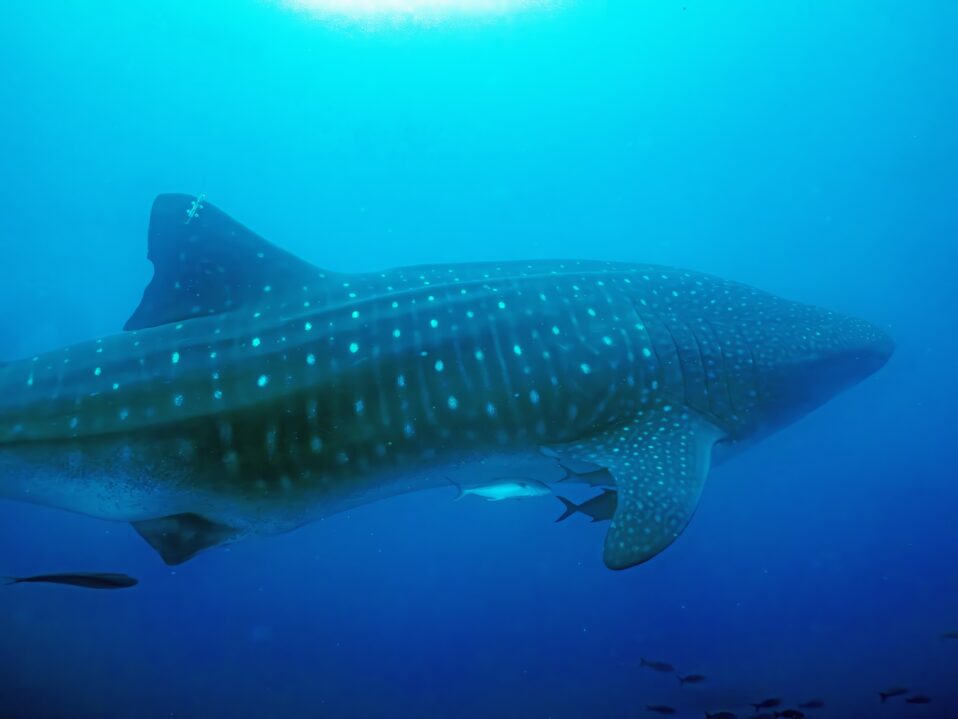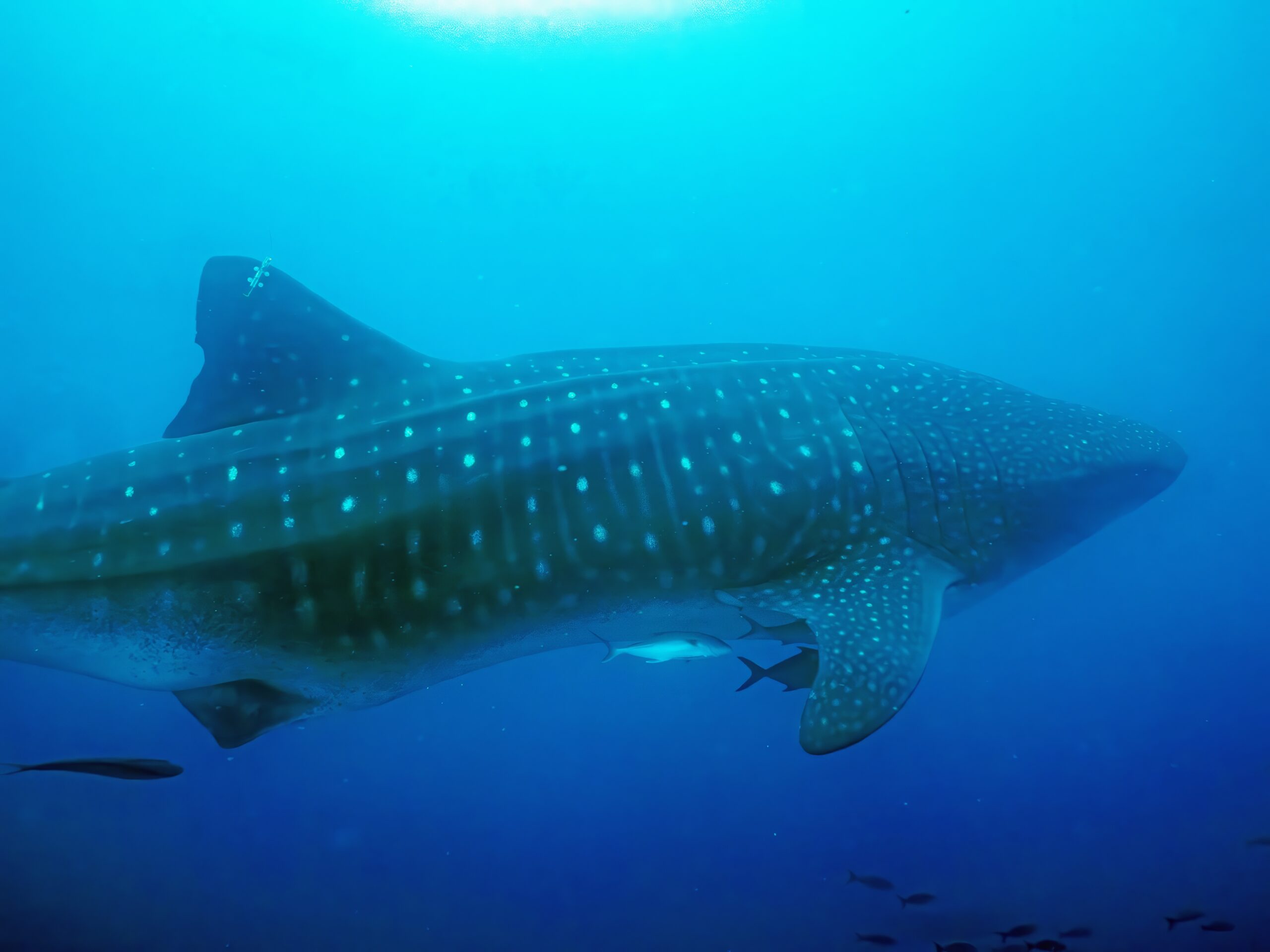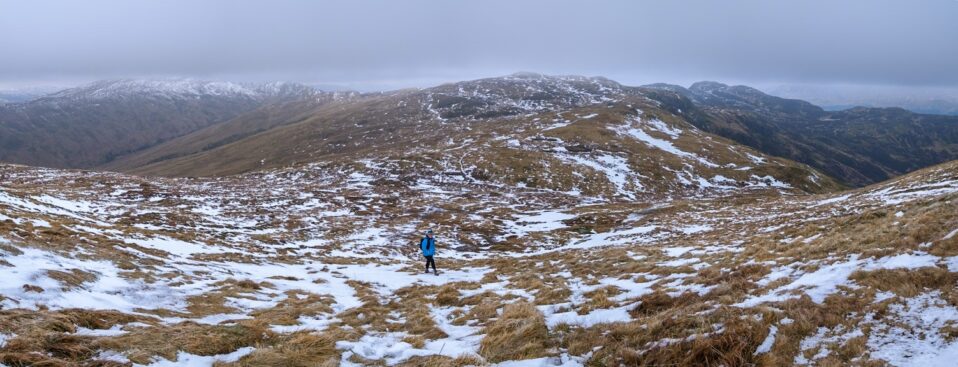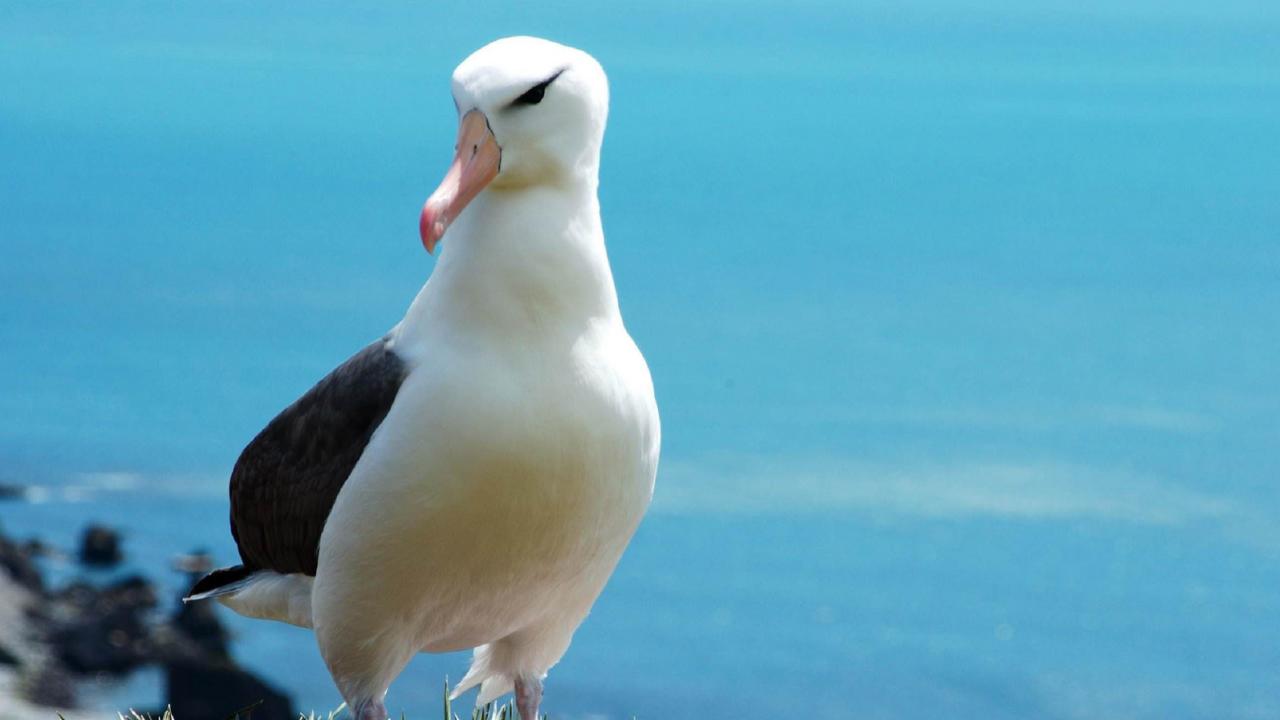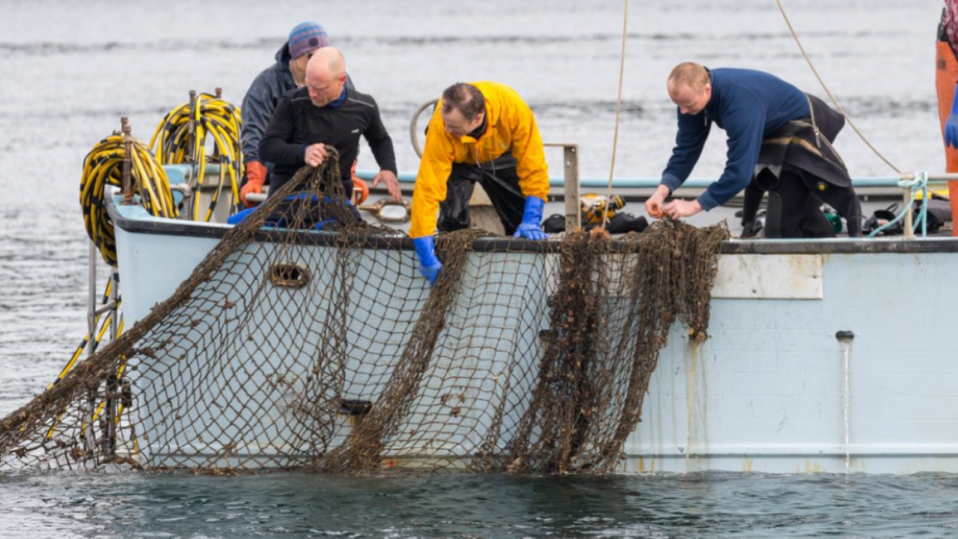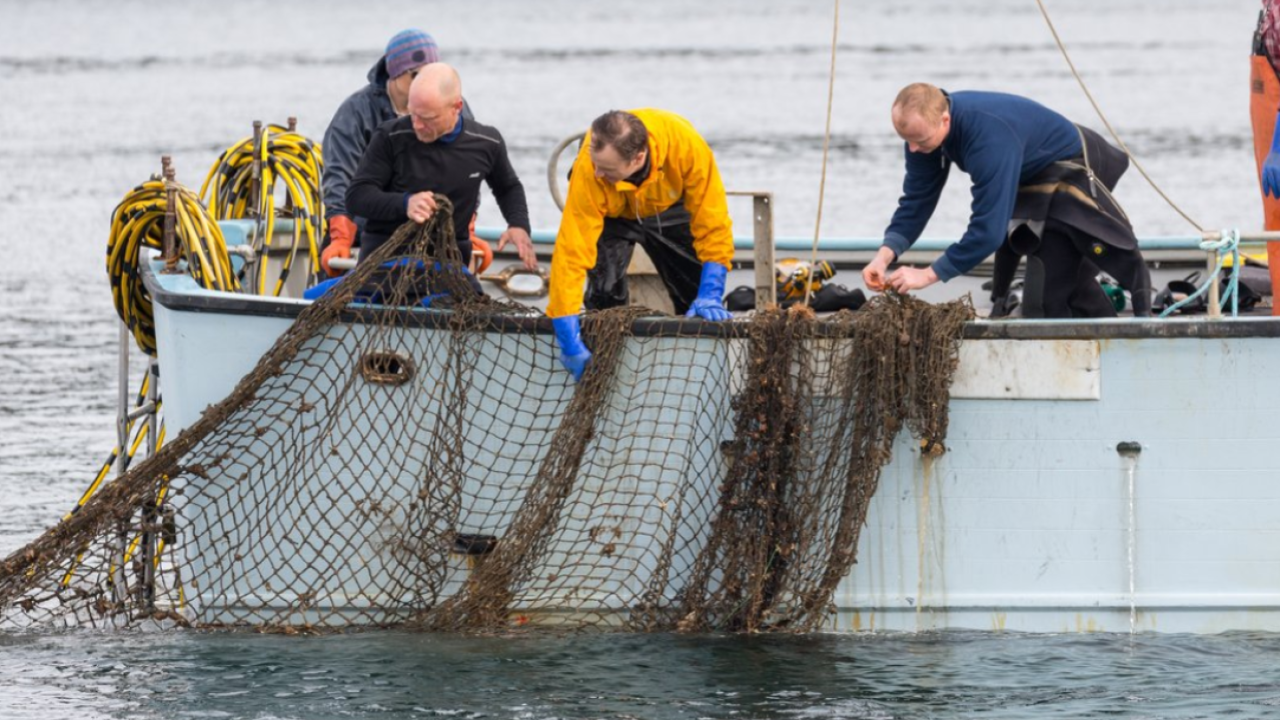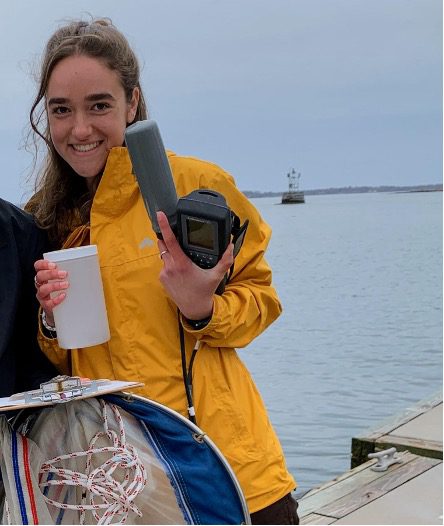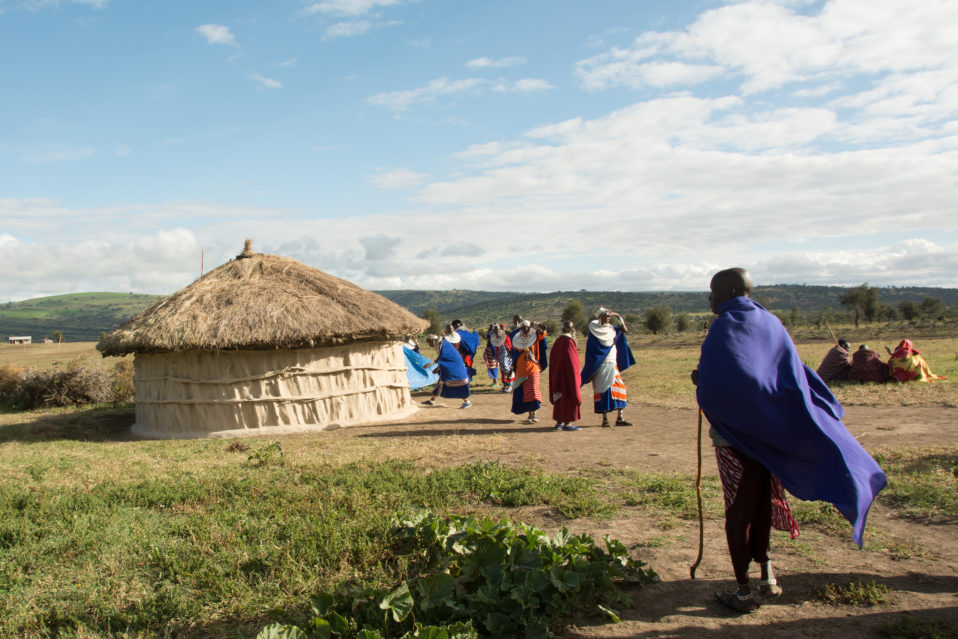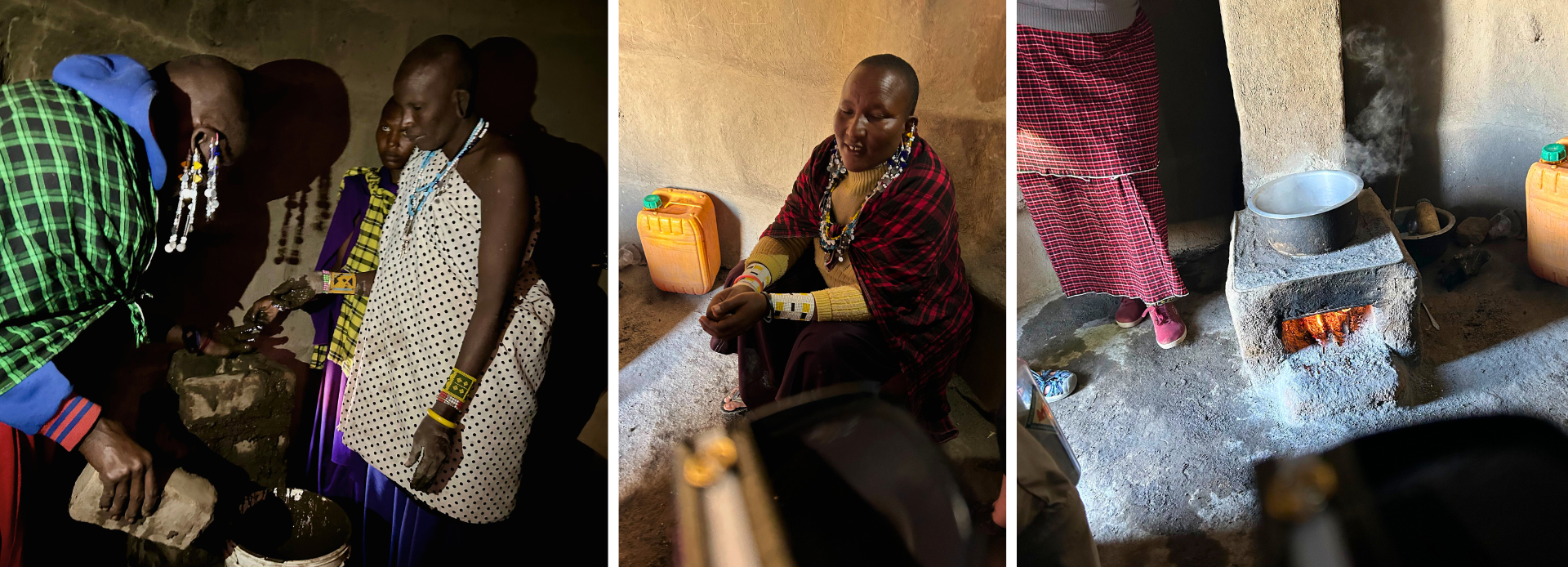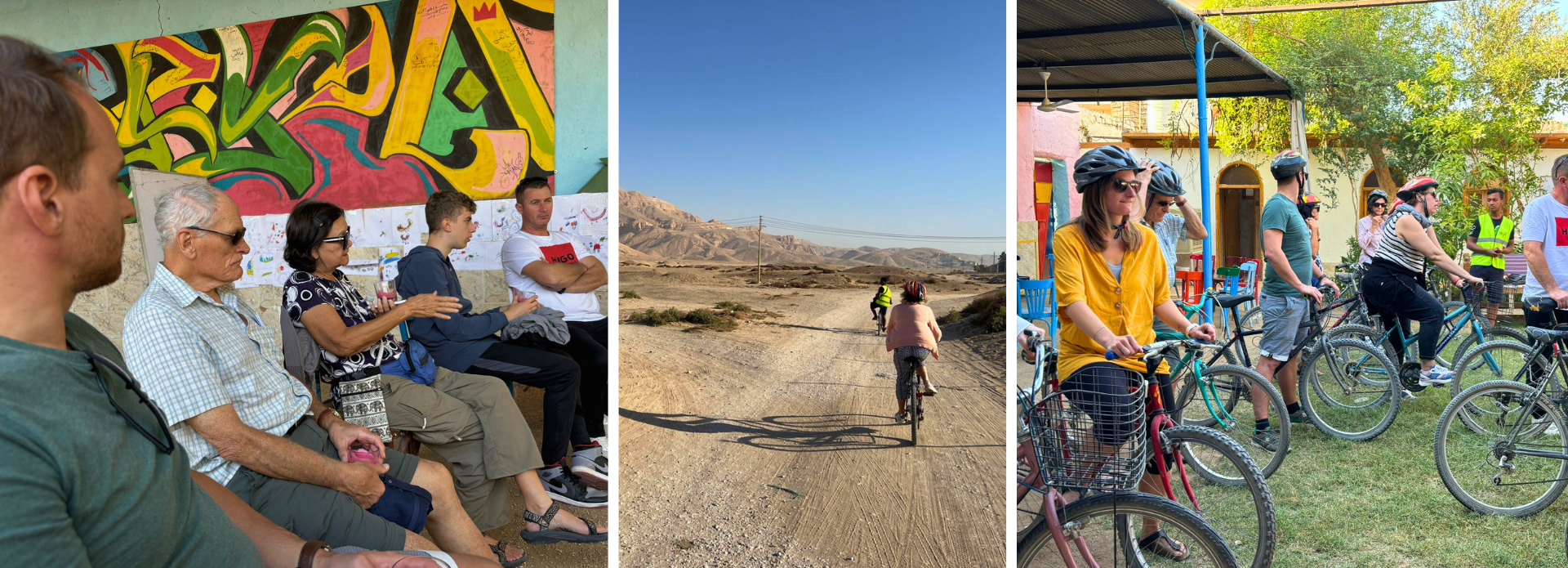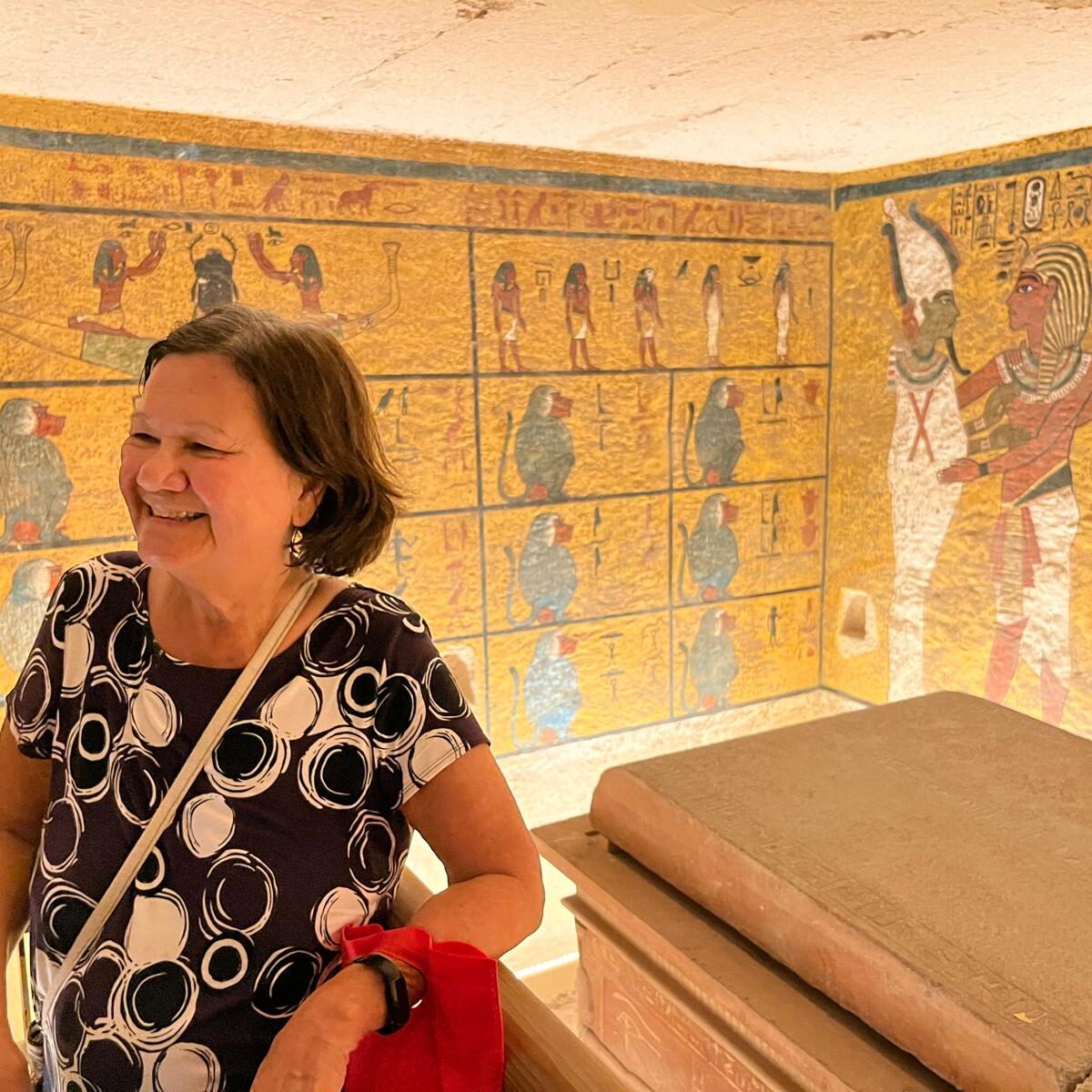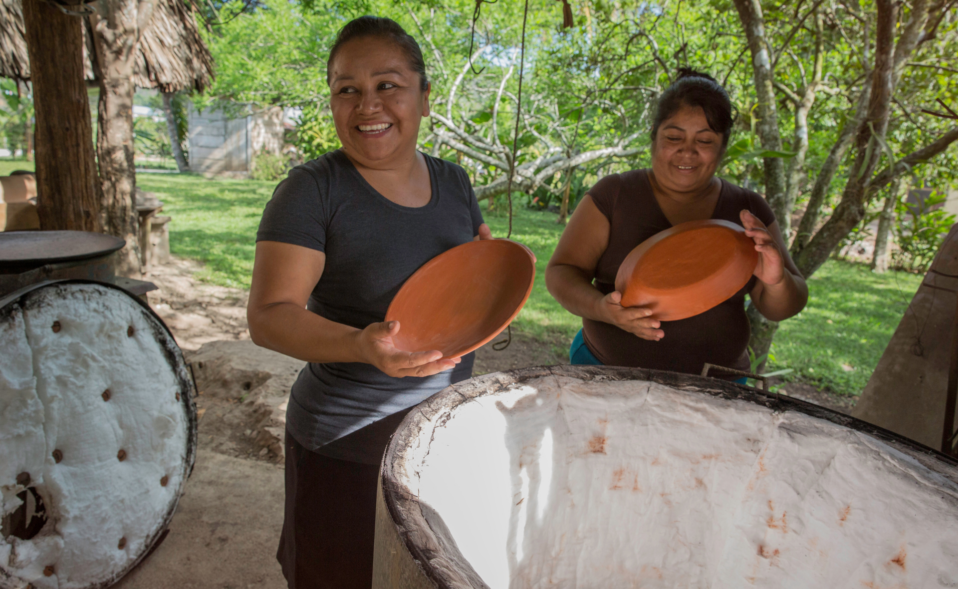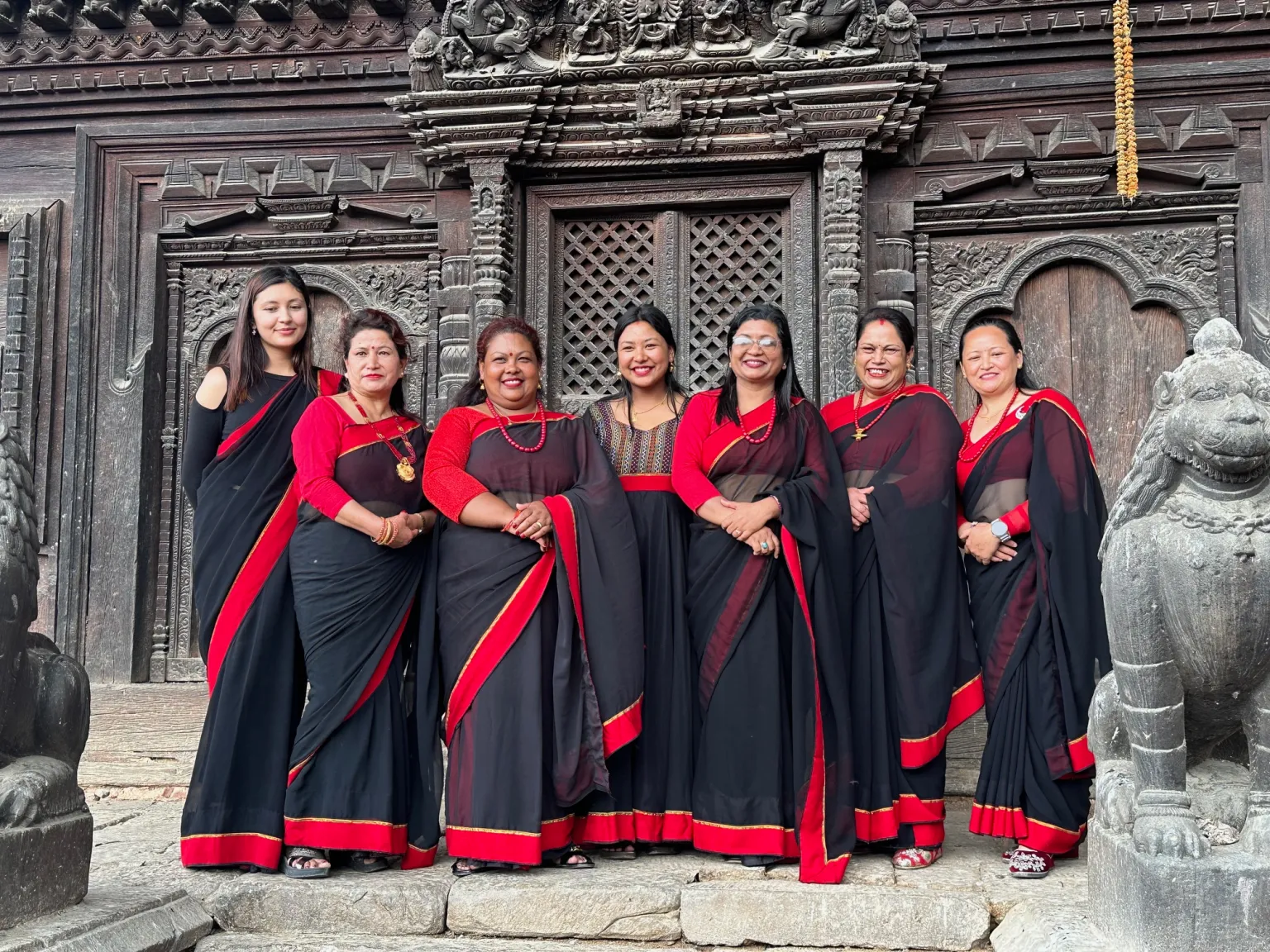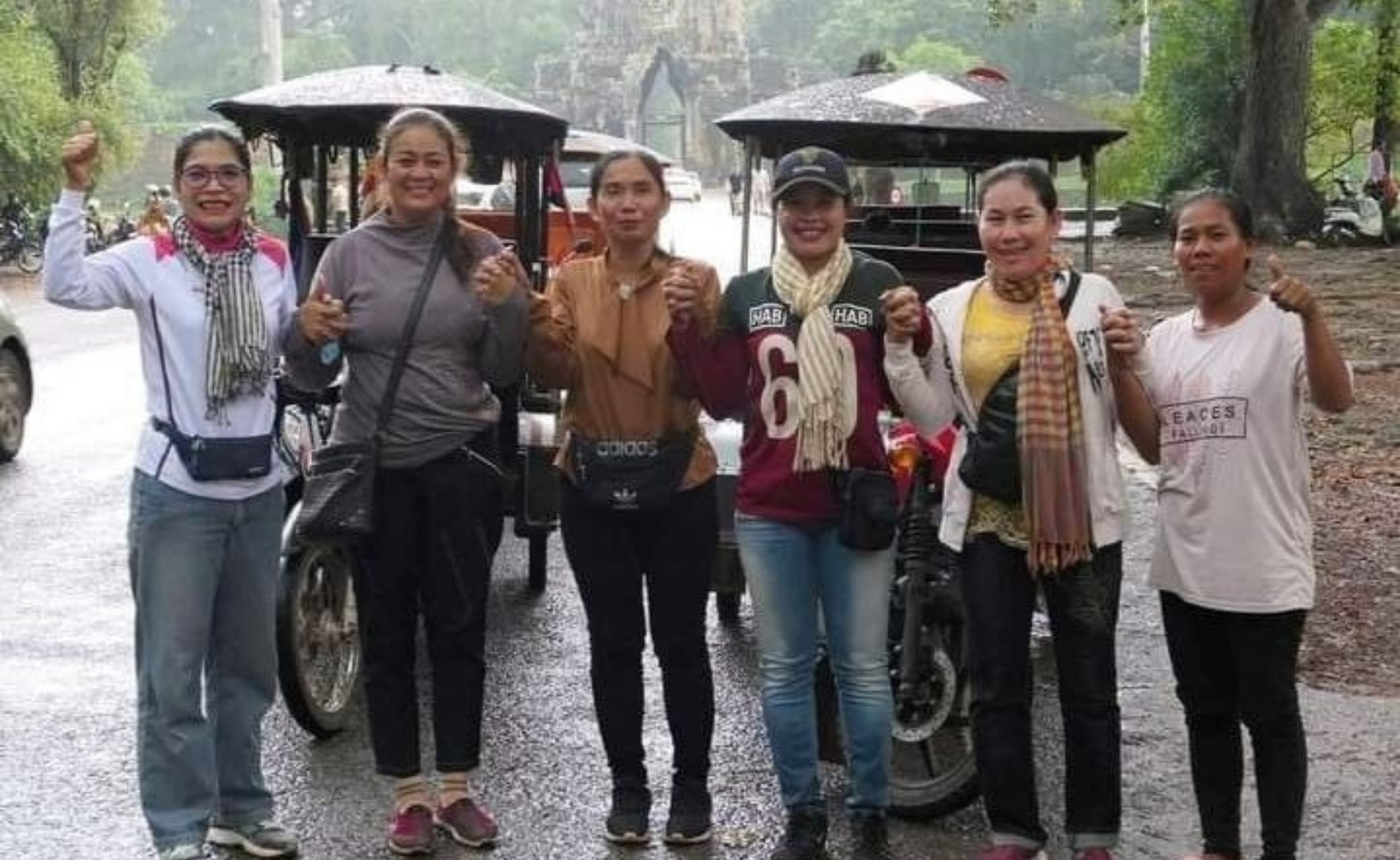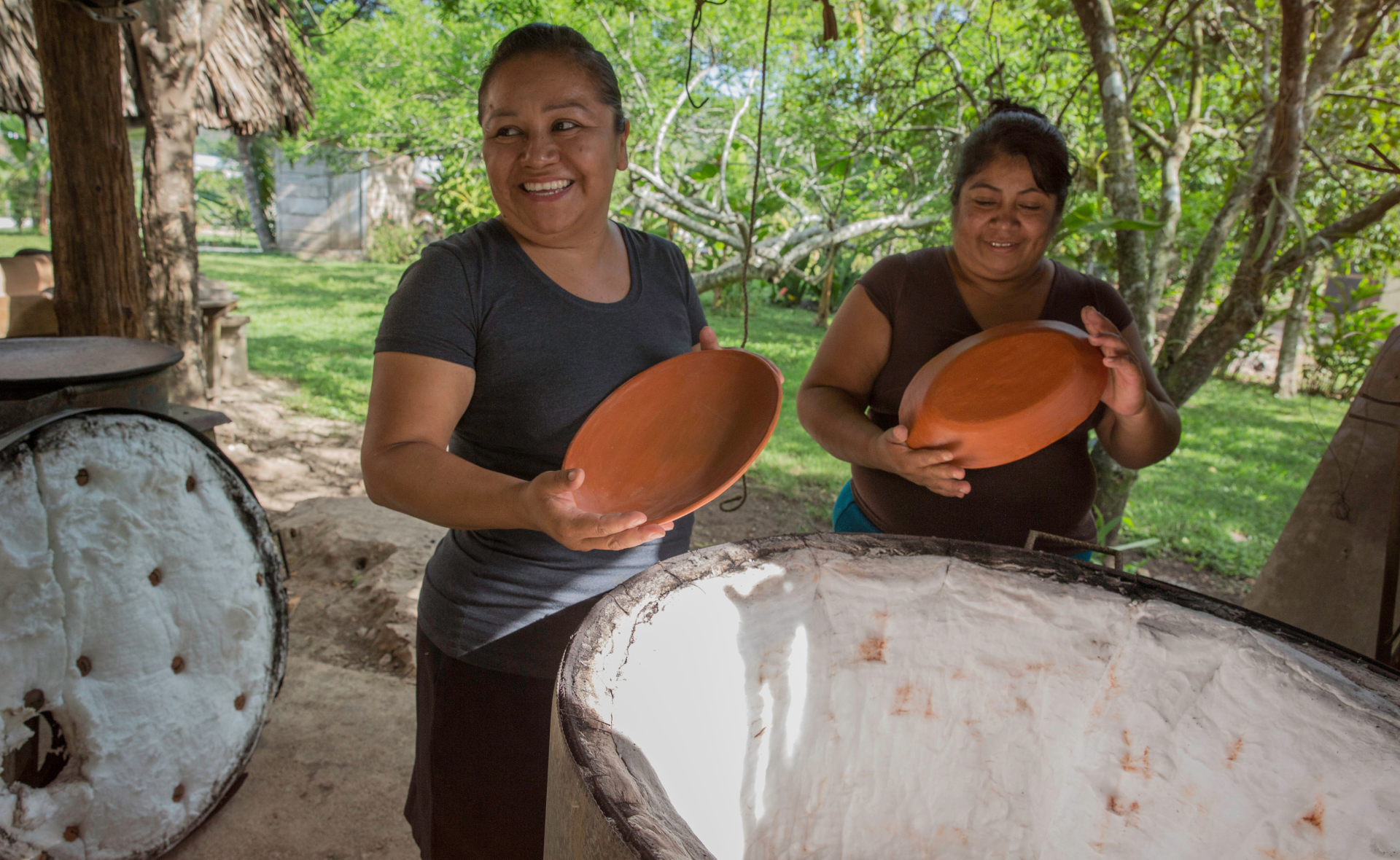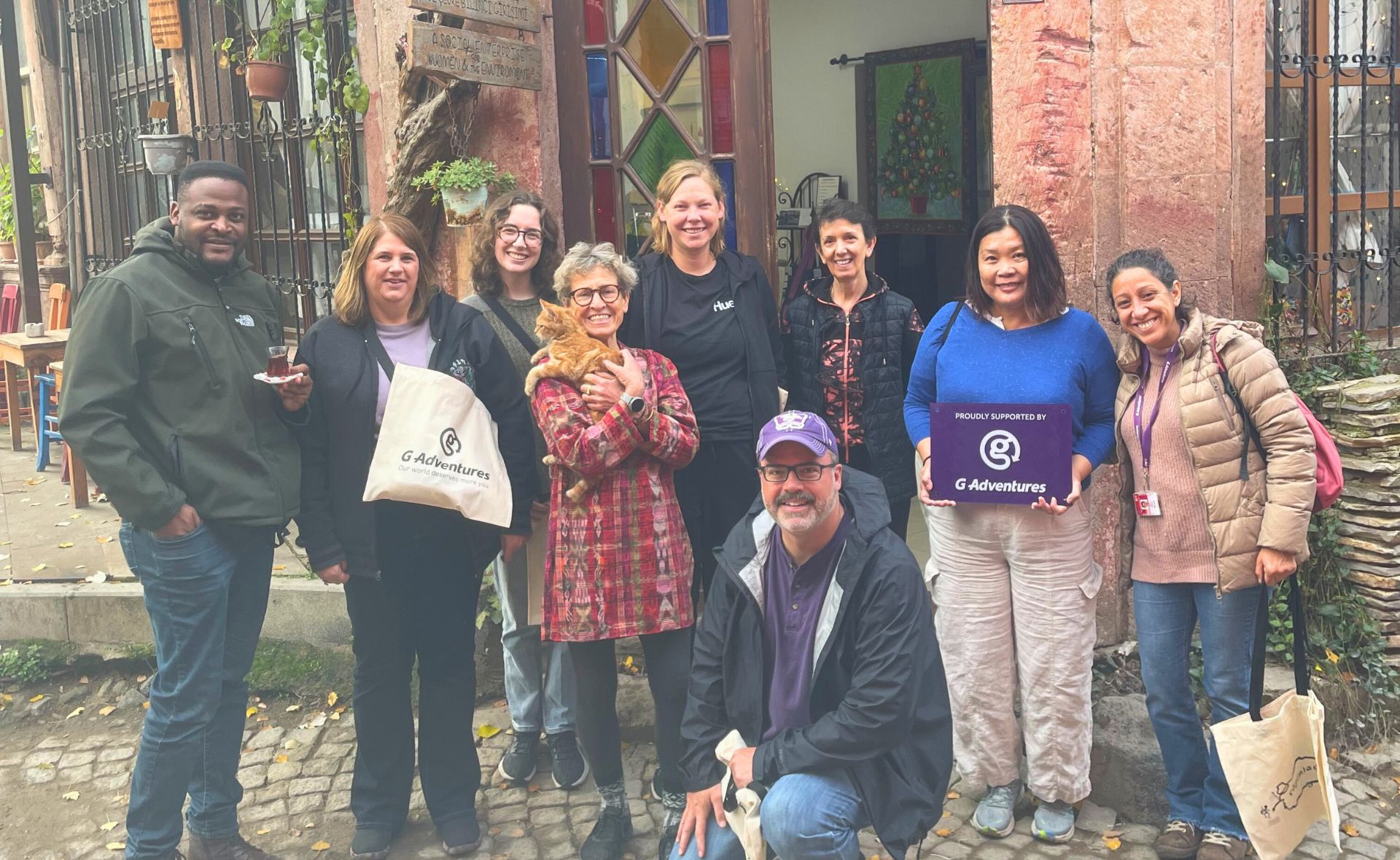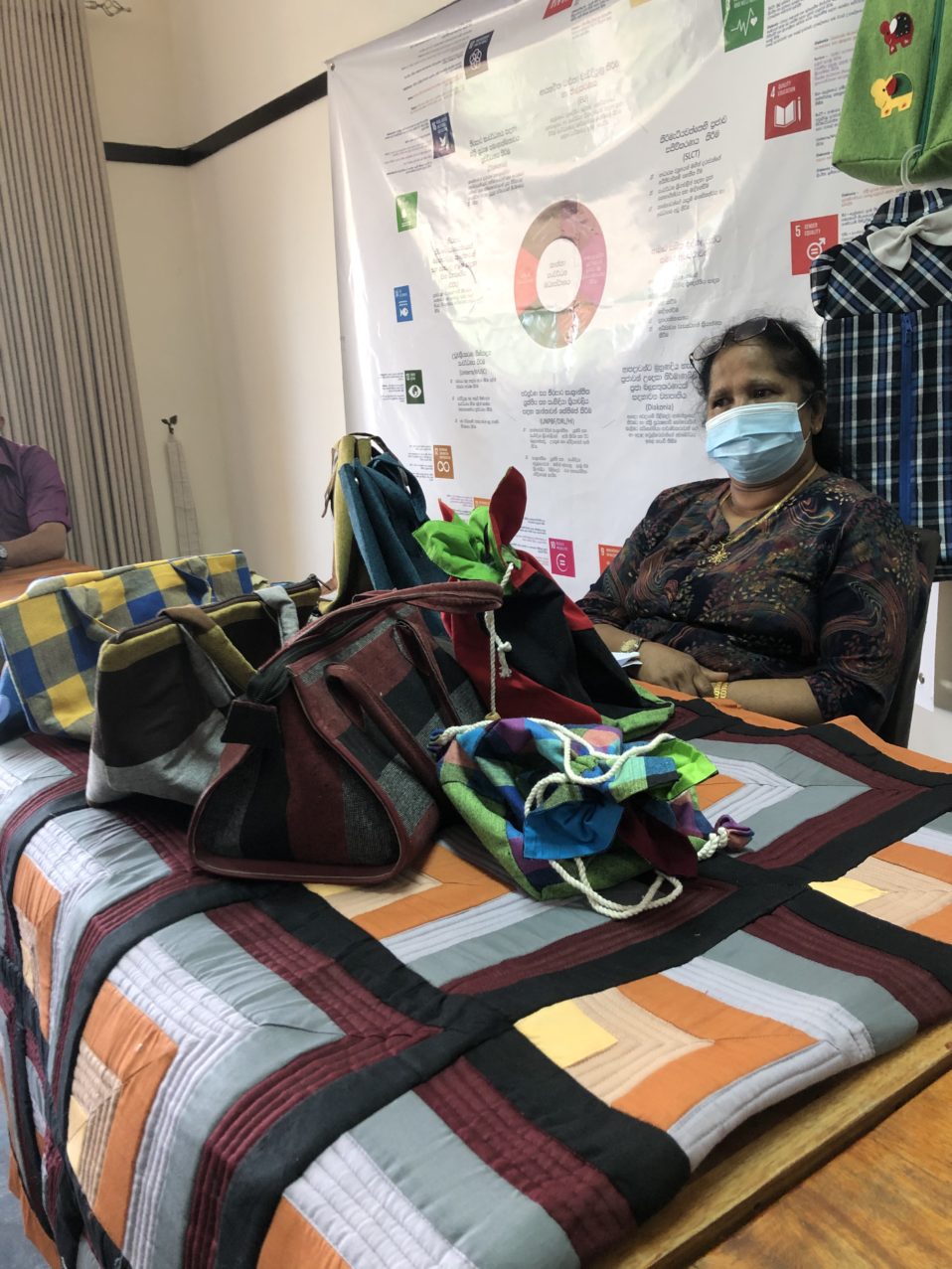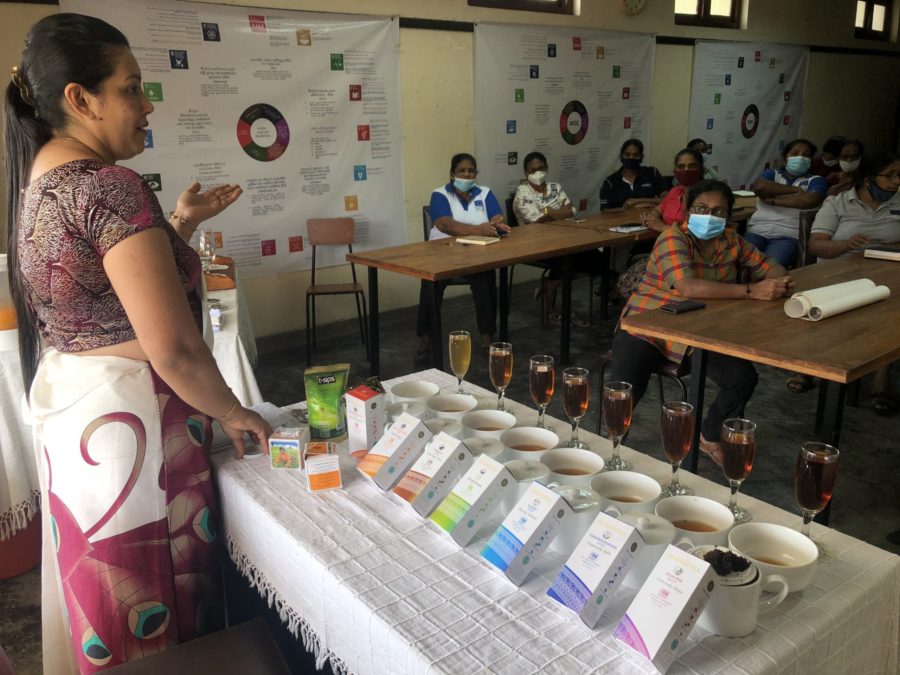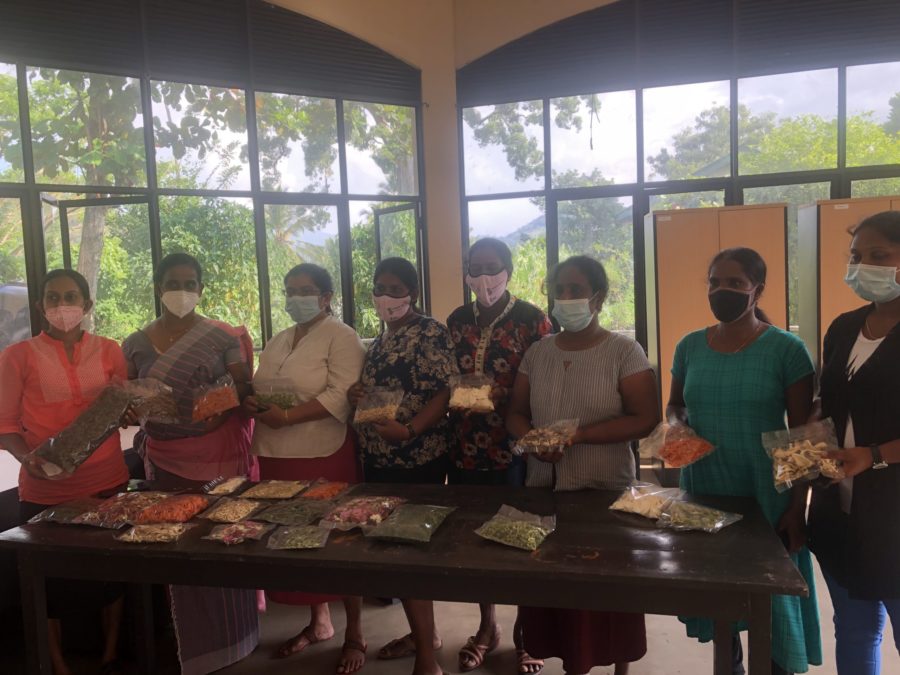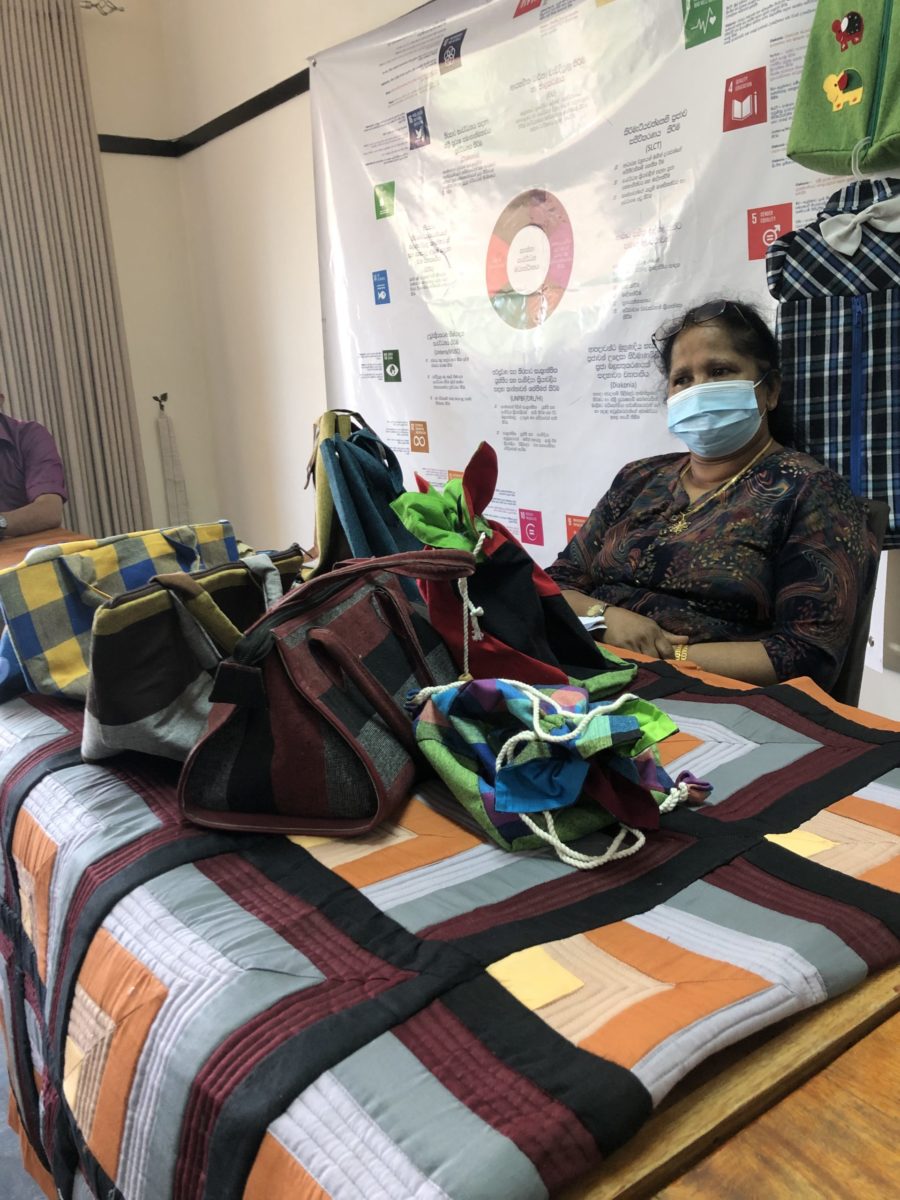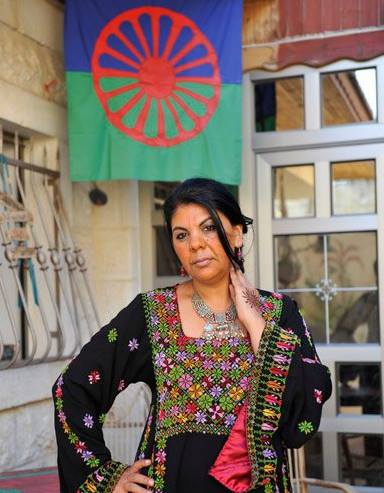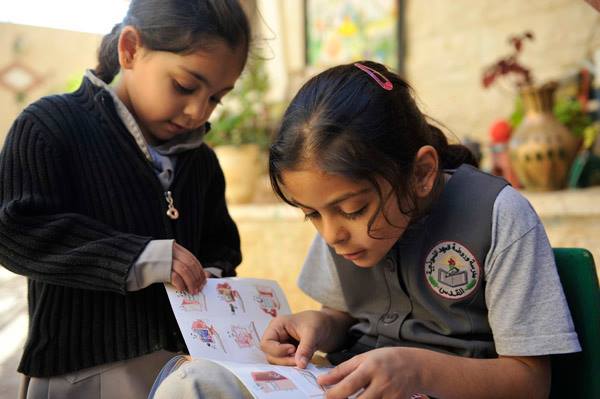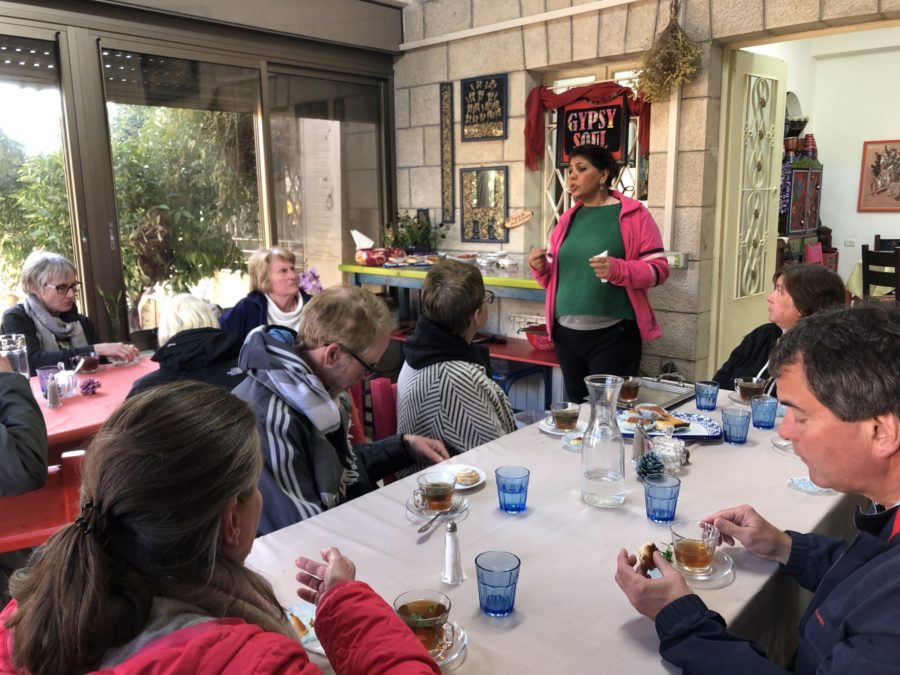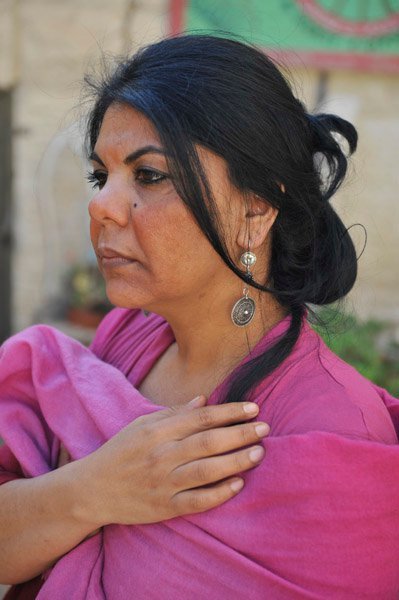GX is more than an event — it’s a celebration of Community Tourism.
This year in Jordan, attendees will connect, learn, and experience how tourism supports local communities.
Planeterra is proud to highlight the work of the community-led organizations we support across Jordan, showcasing the impact of their initiatives and the opportunities they create.
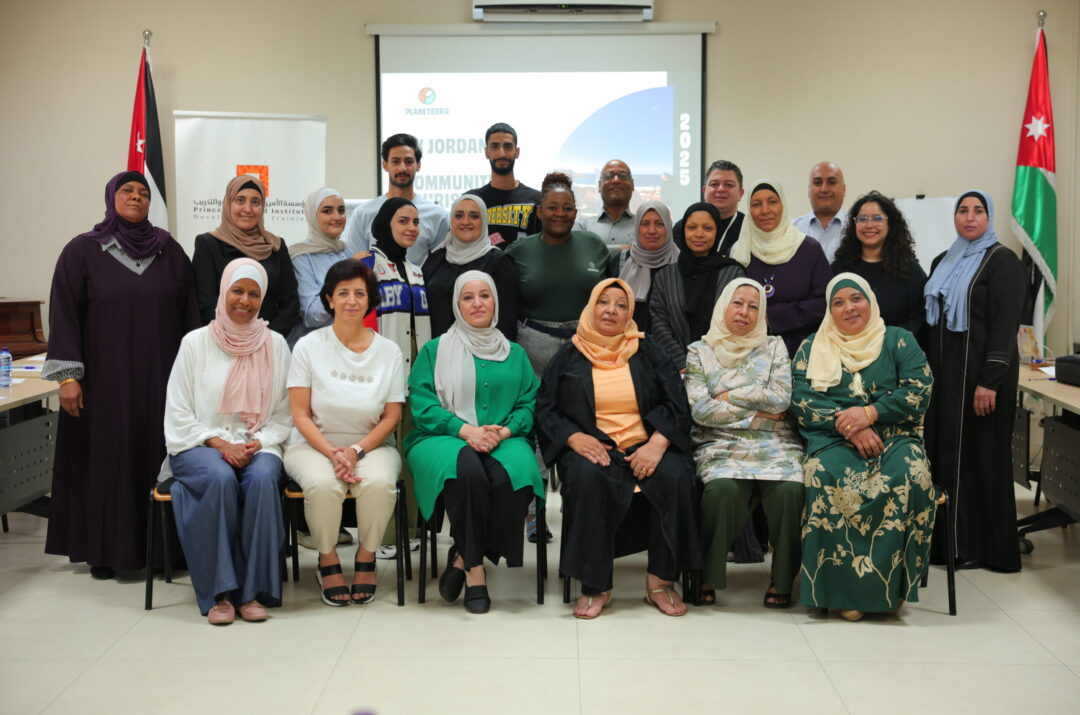
GX Jordan brings together communities, tourism professionals, media, content creators, and travellers to experience the country in a unique way.
Community Partner Spotlight
For Planeterra, GX is an opportunity to highlight the communities we support and show how tourism can create meaningful impact. From traditional handicrafts to homestays and cultural tours, local communities are leveraging tourism to generate opportunities while protecting and restoring nature.
At GX Jordan, we worked with 20 community-led initiatives driving positive change in their regions:
-
Aqabawi (Aqaba)
-
Beit Al Baraka (Umm Qais)
-
Beit Al Jameed Al Karaki (Kerak)
-
Beit Al Ward (Aqaba)
-
Beit Khayrat Souf (Souf)
-
Dar Ne’Meh (various independent organizations across different locations in Jordan)
-
Iraq Al Amir Women’s Cooperative (Iraq Al Amir)
-
Royal Society for the Conservation of Nature (various locations across Jordan)
-
Safi Crafts (Ghor Al Safi)
-
Safi Kitchen (Ghor Al Safi)
-
Saltus (As-Salt)
-
The Holy Land Institute of the Deaf (As-Salt)
-
Um Hamzeh’s Guest House (Ajloun)
Want to explore more of the communities we support worldwide? Subscribe to our newsletter to stay inspired by their stories and initiatives.
The Positive Impact of Community Tourism
Community Tourism is more than an income stream — it strengthens traditions, skills, and opportunities. Read what our partners across Jordan say it means for them and their communities.
Now, hear directly from women who are shaping the future of Community Tourism in Jordan. In these videos, they share how their work has strengthened their skills, independence, and opportunities.
Planeterra's support
See how Planeterra supported our community partners for GX Jordan and continues to support them beyond the event.
Training & Learning
Workshops on storytelling, tourism experiences, and a session with a well-known chef. Partners also have access to the Planeterra Online Learning Hub for additional modules and resources.
Coaching & Mentorship
Guidance to develop GX-specific tourism experiences and products.
Equipment Support
New tools and equipment for GX activities, which partners can continue using in their businesses afterward.
Peer Connections
Opportunities to connect with local peers in a safe, collaborative learning environment.
Ongoing Support
Regular calls, messages, and meetings to provide guidance and assistance.
Communications Assets
Photos and videos collected for partners to use in their own marketing and storytelling.
All of this support not only prepared our Community Partners for GX Jordan but also continues to benefit them through the Planeterra Global Community Tourism Network, giving them access to learning, funding, and market opportunities worldwide.
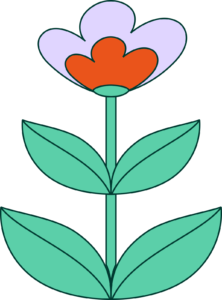
How you can support community tourism
Join the movement! Together, we can transform how tourism experiences communities and how communities experience tourism. Find out how you can create impact:
As a Traveller
Make a difference with every trip. Book your adventures with our trusted partners:
Choose to support a local organization on your travels and make a genuine difference. Explore the community tourism enterprises and organizations we support.
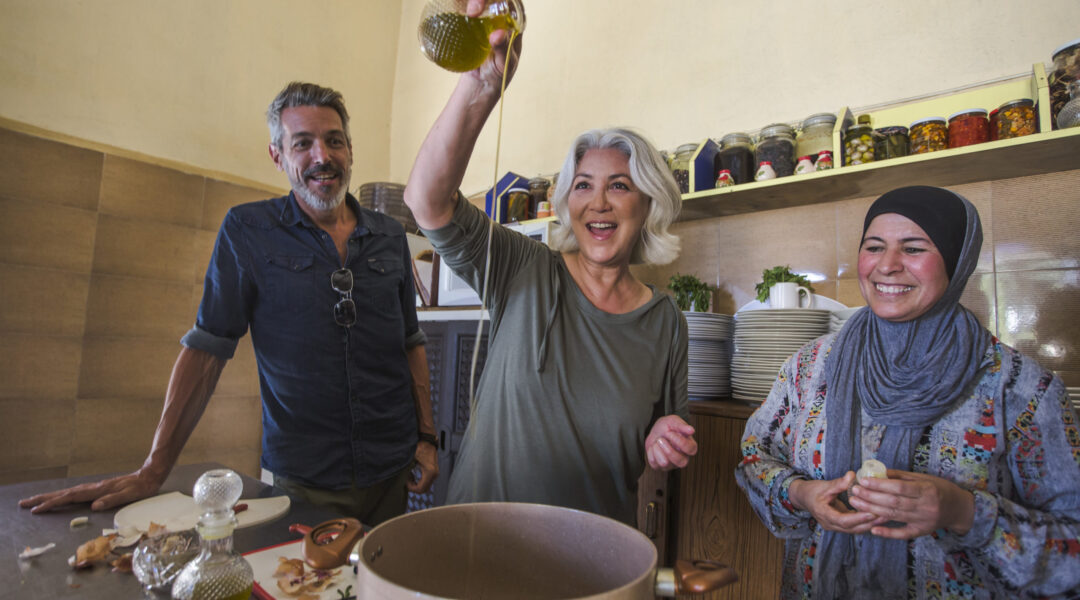
As a Travel Agent
Book your next adventure with a travel agent who supports communities, such as :
Alternatively, encourage your clients to donate to Planeterra, or commit a percentage of your commissions to support our work. Contact us to learn how you can promote community tourism through your business.
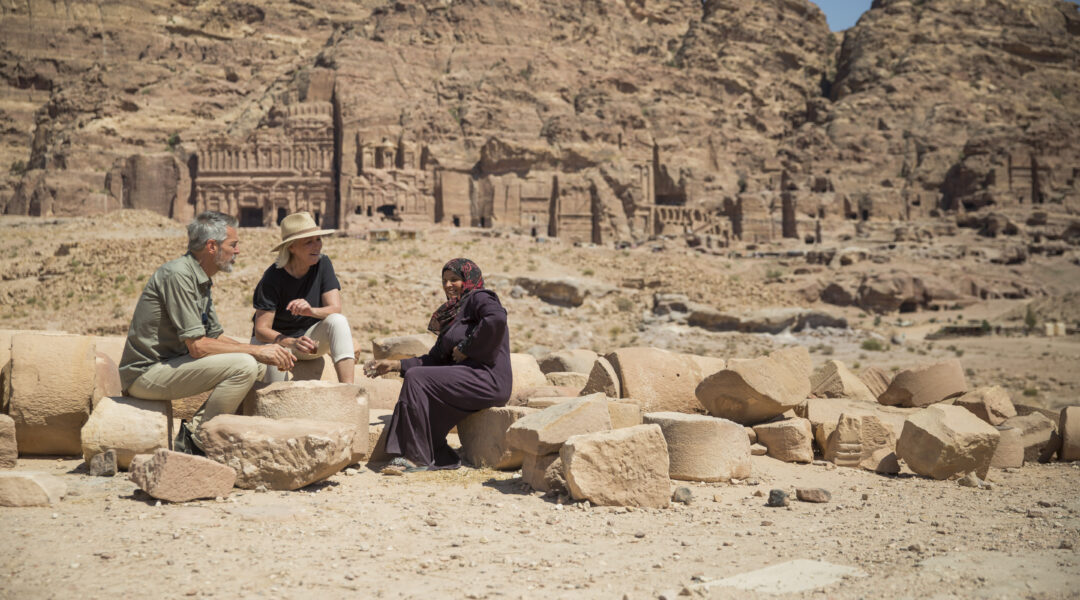
As a Travel Company
Partner with us and champion our cause. Get in touch to collaborate by emailing info@planeterra.org.
Together, let’s turn travel into impact and inspire a tourism industry that benefits everyone.
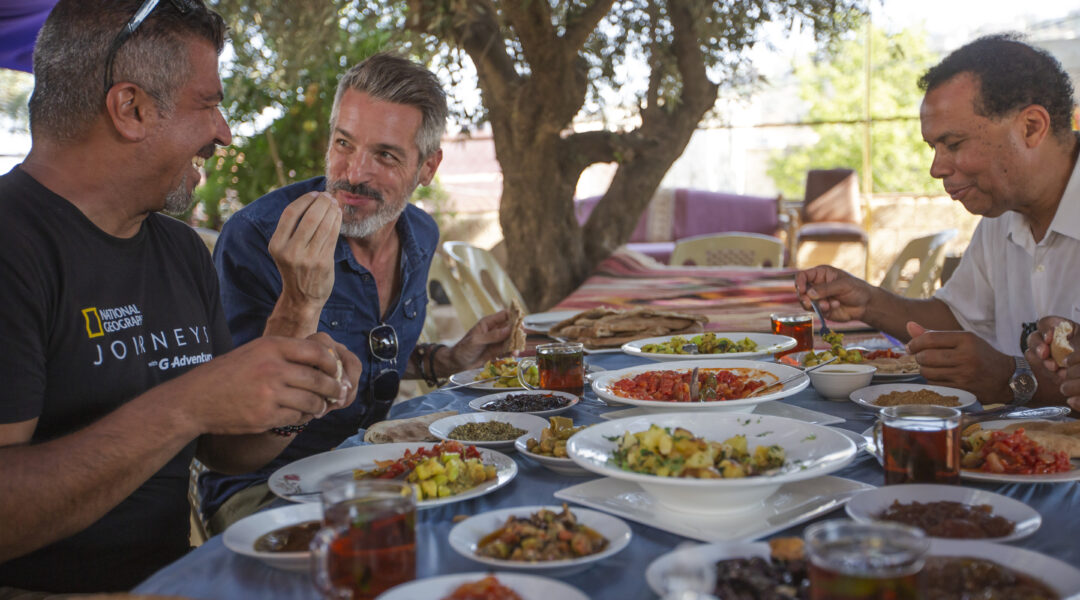
As a Community
Join a global network of 550+ community tourism enterprises making a real impact. Explore more here.
